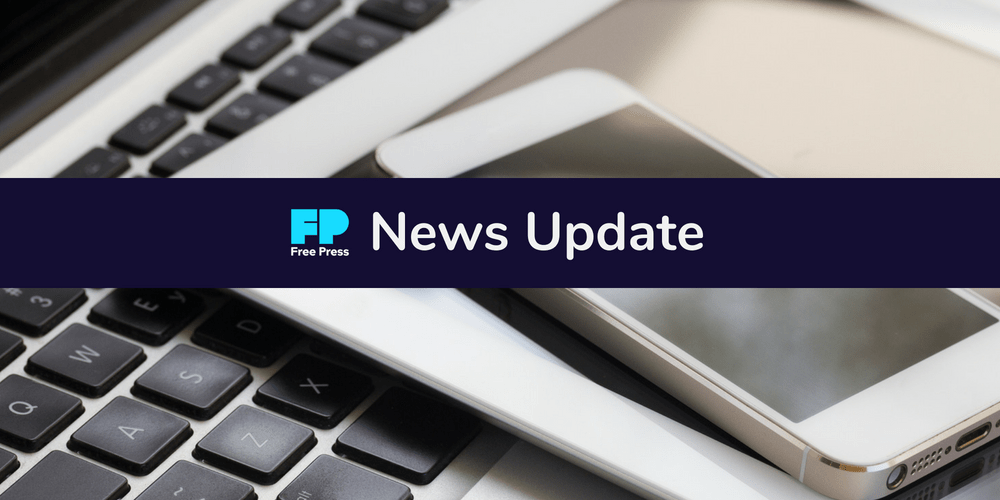Free Press Releases Resource to Help Media Outlets Combat the Scourge of Election Disinformation

WASHINGTON — On Thursday, Free Press released Old & New Lies in 2024: How Newsrooms Can Build Trust & Debunk Election Lies for Voters, a guide for reporters, editors and other media professionals to better anticipate and respond to the scourge of election disinformation that has overtaken public discourse in the run-up to Nov. 5.
The guide comes at a time when disinformation about the upcoming U.S. elections has reached record levels. The Cybersecurity and Infrastructure Security Agency, the Federal Bureau of Investigation and the Office of the Director of National Intelligence have issued warnings about the increased spread of election-related disinformation by “foreign threat actors,” including those working under the direction of Chinese, Iranian and Russian governments. Meanwhile, U.S.-based influencers — including those, like Elon Musk, with tens of millions of followers — are spreading their own lies and amplifying conspiracy theories to undermine the integrity of the vote and disrupt the counting of ballots.
Old & New Lies in 2024 classifies election disinformation under five categories:
- Recycled lies about the voting process and logistics
- Recycled lies that cast doubt on the integrity of the electoral system
- Harassment of and lies about election officials
- New lies claiming immigrants are participating in voter fraud
- New lies about last-minute election-law changes
The guide, released as part of Free Press’ Democracy Is… initiative, offers ways for media professionals to anticipate the next round of election lies, debunk these falsehoods and equip their audiences with the tools and tactics they need to separate fact from fiction as they prepare to vote and follow the results.
Free Press News Voices Director Vanessa Maria Graber said:
“While lies about elections and candidates are not new, we’re seeing a toxic combination of forces that make it increasingly difficult for people to discern what’s true in advance of the 2024 vote. The collapse of the local-news sector has created a void of reliable sources for civic information. This space has been filled by social-media propagandists, AI-powered newsbots, deepfake accounts and pink-slime websites dressed up as local-news outlets. These bad actors have put their own political agendas before any obligation to tell the truth. Our guide offers a path forward for news professionals, giving advice on what and whom to watch out for, and ways to expose false narratives and uplift the facts.
“Newsrooms must also prepare to debunk the Next Big Lie: false claims that immigrants are being bussed into battleground states to ‘steal’ the election. Journalists shouldn’t shy away from calling this disinformation what it is: a racist conspiracy theory that dehumanizes immigrants, people of color and other marginalized communities. Reporters should be ready to counter the lies with factual information and data, alongside narratives that illustrate the positive contributions these communities make.”
Free Press Senior Counsel and Director of Digital Justice and Civil Rights Nora Benavidez said:
“Disinformation divides us by design. The effect is to build distrust in democratic institutions and norms. Disinformation about elections is a particularly potent issue, and the news media must play a pivotal role in fighting this manipulation that has become part and parcel of everyday life.
“The good news is that many newsrooms have already put systems in place to combat lies that sow distrust in electoral processes and discourage people from turning out. But we know that threats to free and fair elections this November pose risks to people around the country. We need robust and thoughtful news coverage of these threats. To better prepare people for possible disruptions in voting, journalists can focus their reporting on the important roles that local election officials play, clarifying how ballots are counted and explaining the likelihood that it may take days to determine an outcome.
“It’s important to understand that election-related lies won’t miraculously disappear on November 5. We must remember that the biggest lie about the 2020 election occurred in the aftermath of the vote. Newsrooms must remain vigilant and engaged in debunking falsehoods well through the end of this year and into 2025.“
Background:
In September, Free Press launched Democracy Is … The initiative includes a coalition of more than 20 civil-society groups calling on media and tech companies to prioritize truth over sensationalism, accountability over profits and democracy over division. Throughout the fall, Democracy Is … will host events and provide tools for concerned people and workers in media and tech to hold the industry accountable and safeguard information integrity ahead of and following the U.S. elections.